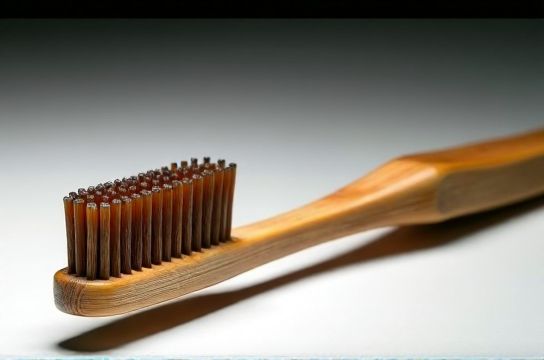Strange But Genius Chinese Inventions You Need
- 时间:
- 浏览:47
- 来源:OrientDeck
China has been at the forefront of innovation for thousands of years, and some of its most bizarre yet brilliant inventions still influence our daily lives today. From ancient tools to futuristic tech, these strange but genius Chinese inventions are more than just quirky—they’re game-changers.

The Ancient Toothbrush: Chew Sticks from the Tang Dynasty
Long before plastic toothbrushes hit stores, the Chinese were using 'chew sticks' as early as 700 AD. These twigs, often from aromatic trees like neem or cinnamon, were chewed at one end to create a fibrous brush. Surprisingly effective? Yes. Modern studies show they reduce plaque by up to 70%—comparable to today’s soft-bristled brushes.
Paper Money: The Original Digital Wallet
Imagine walking into a market with paper instead of heavy coins. That became reality in the 7th century during the Tang Dynasty. By 1024 AD, the Song Dynasty issued the world’s first government-backed paper currency—jiaozi. This move revolutionized trade and laid the groundwork for modern banking systems.
| Invention | Era | Impact Score (1-10) |
|---|---|---|
| Chew Stick Toothbrush | Tang Dynasty (7th c.) | 7 |
| Paper Money (Jiaozi) | Song Dynasty (11th c.) | 10 |
| Seismoscope | Eastern Han (2nd c.) | 9 |
| Noodle Extruder | Ming Dynasty (16th c.) | 6 |
The First Earthquake Detector: Zhang Heng’s Seismoscope
In 132 AD, scholar Zhang Heng built a copper urn with eight dragon heads facing outward, each holding a ball. When an earthquake struck—even hundreds of miles away—one dragon would drop its ball into a frog’s mouth below, indicating the quake’s direction. Modern tests prove this device could detect seismic waves over 300 miles away!
Noodles… in a Machine?
Forget instant ramen—during the Ming Dynasty, artisans used hand-cranked extruders to press dough through tiny holes, creating uniform noodles long before industrial pasta machines. Talk about culinary engineering!
Why These Inventions Matter Today
These aren’t just historical footnotes. They reflect a culture that values practical problem-solving. Take paper money—it evolved into digital payment giants like Alipay and WeChat Pay, now used by over 80% of urban Chinese consumers.
And those chew sticks? Eco-conscious brands are reviving them as sustainable alternatives to plastic toothbrushes—a perfect blend of old wisdom and green innovation.
So next time you swipe your card or brush your teeth, remember: someone in ancient China might’ve already thought of it… and made it weirdly awesome.